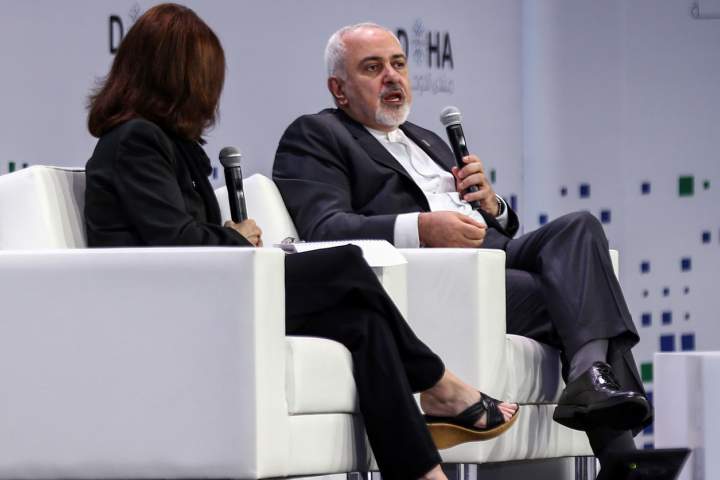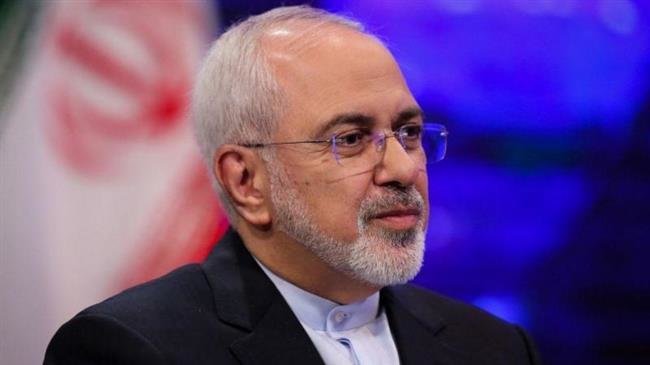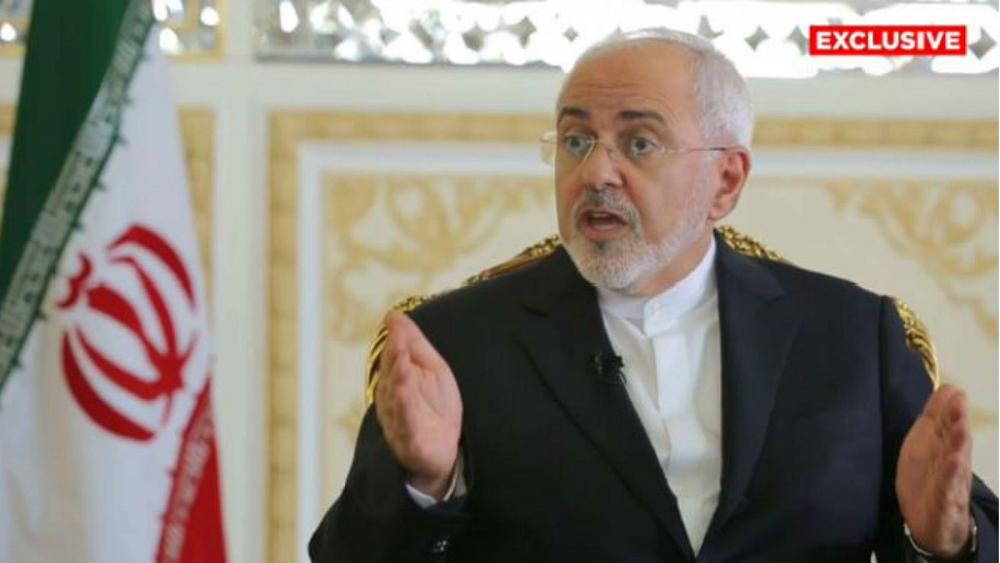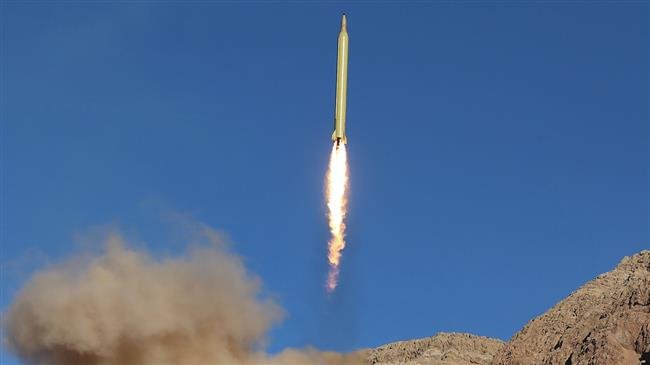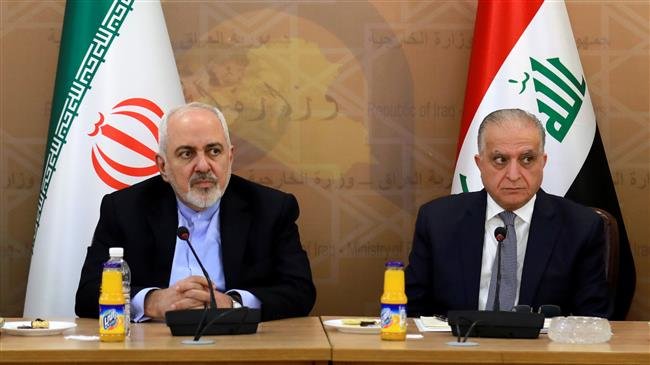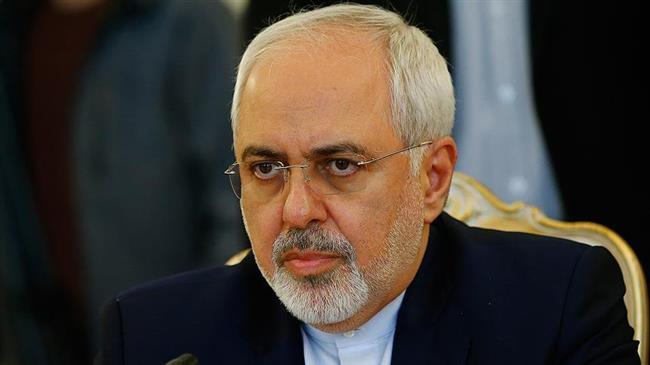Iranian Foreign Minister Mohammad Javad Zarif says economic sanctions imposed by the United States against Iran will fail to have any impact on the policies of the Islamic Republic at home or abroad.
Publish dateSunday 16 December 2018 - 08:23
Story Code : 176012
AVA- "It's obviously the case that we are facing economic pressure because of the US sanctions. [The] US is a major global power and it can actually create painful conditions for other countries. But would that lead to a change of policy? I can assure you that it won't," Zarif said in an address to the Doha Forum 2018 in Qatar on Saturday.
"If there is an art, we have perfected in Iran and can teach to others for a price, it is the art of evading sanctions," he added.
Although the US has put so much pressure on Iran over the past 40 years, the Islamic Republic has managed to survive, he said.
"We've survived against the United States, against the will of the United States for the last 40 years, and I believe we will survive for the next 40 years," the top Iranian diplomat pointed out.
US President Donald Trump withdrew his country in May from the multilateral Iran nuclear agreement, officially known as the Joint Comprehensive Plan of Action (JCPOA), and decided to re-impose unilateral sanctions against Tehran.
Under the deal, reached between Iran and six major powers - the US, Britain, France, Germany, Russia and China, Tehran agreed to put limits on its nuclear program in exchange for the removal of nuclear-related sanctions.
In November, the Trump administration announced the re-imposition of the “toughest” sanctions ever against Iran's banking and energy sectors with the aim of cutting off the country's oil sales and crucial exports.
A first round of American sanctions took effect in August, targeting Iran's access to the US dollar, metals trading, coal, industrial software, and auto sector.
The US administration hoped to get the other parties to the deal with Iran to likewise scrap the deal, but instead, they stressed that not only would they stick to the agreement, but they would also work to sustain it in the face of increased US pressure. Europeans believe that the nuclear deal is an important element of international security.
"If there is an art, we have perfected in Iran and can teach to others for a price, it is the art of evading sanctions," he added.
Although the US has put so much pressure on Iran over the past 40 years, the Islamic Republic has managed to survive, he said.
"We've survived against the United States, against the will of the United States for the last 40 years, and I believe we will survive for the next 40 years," the top Iranian diplomat pointed out.
US President Donald Trump withdrew his country in May from the multilateral Iran nuclear agreement, officially known as the Joint Comprehensive Plan of Action (JCPOA), and decided to re-impose unilateral sanctions against Tehran.
Under the deal, reached between Iran and six major powers - the US, Britain, France, Germany, Russia and China, Tehran agreed to put limits on its nuclear program in exchange for the removal of nuclear-related sanctions.
In November, the Trump administration announced the re-imposition of the “toughest” sanctions ever against Iran's banking and energy sectors with the aim of cutting off the country's oil sales and crucial exports.
A first round of American sanctions took effect in August, targeting Iran's access to the US dollar, metals trading, coal, industrial software, and auto sector.
The US administration hoped to get the other parties to the deal with Iran to likewise scrap the deal, but instead, they stressed that not only would they stick to the agreement, but they would also work to sustain it in the face of increased US pressure. Europeans believe that the nuclear deal is an important element of international security.
Source : خبرگزاری Afghn Voice Agency(AVA)
avapress.net/vdcgq39qxak9uz4.5jra.html
Tags
Top hits
